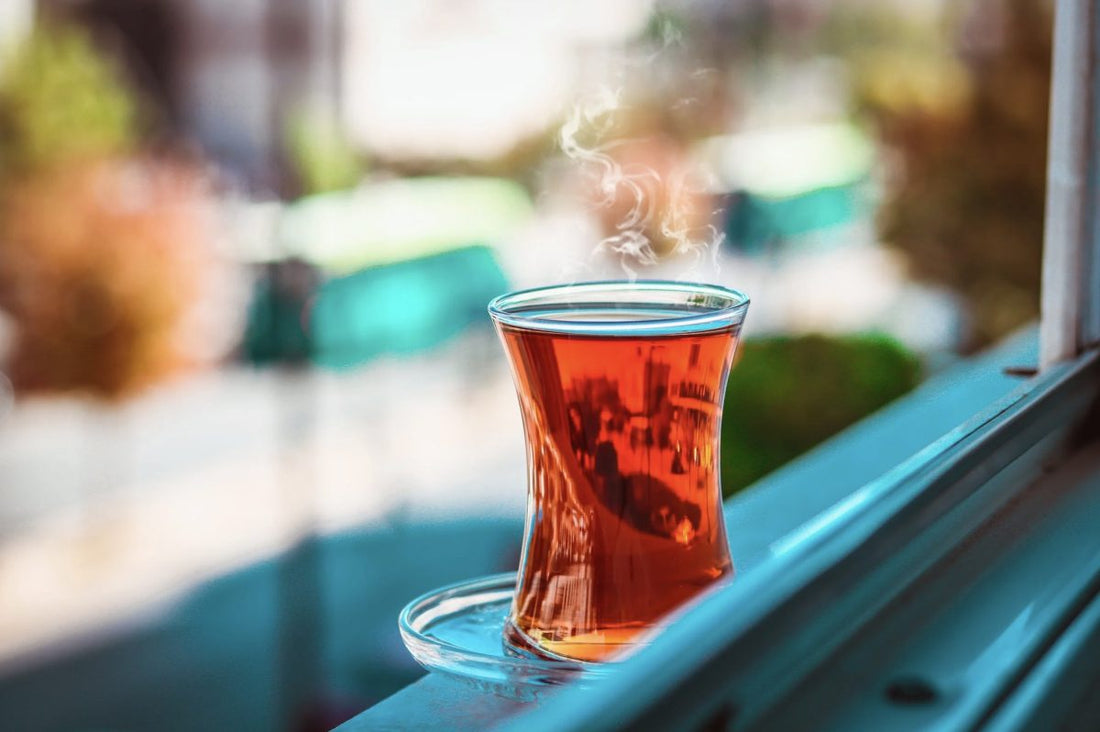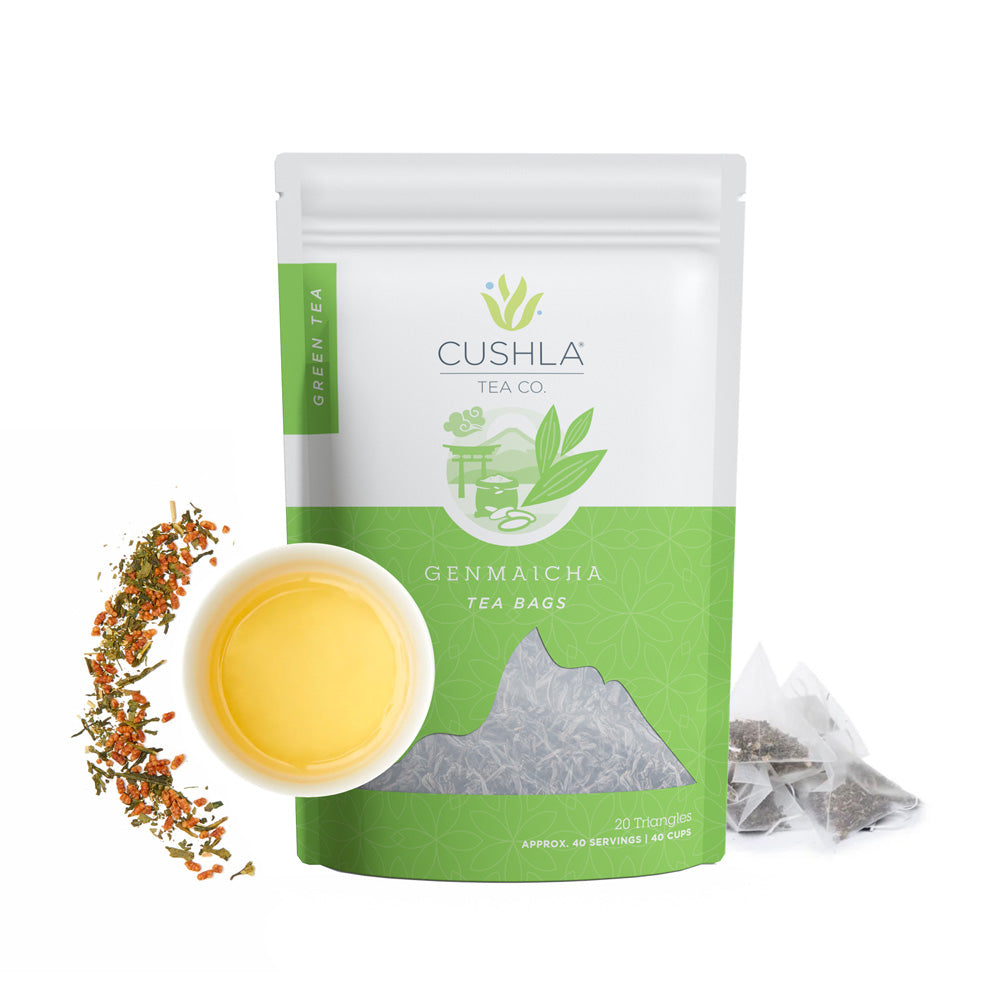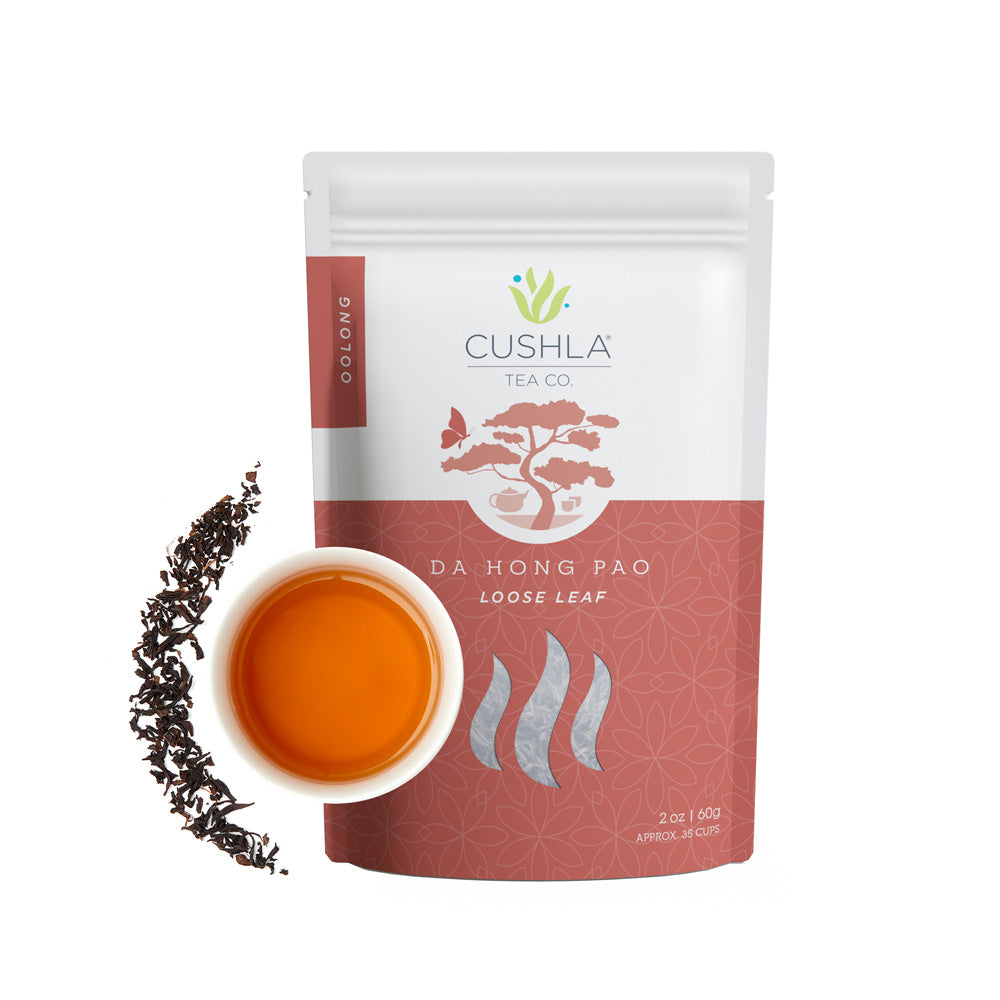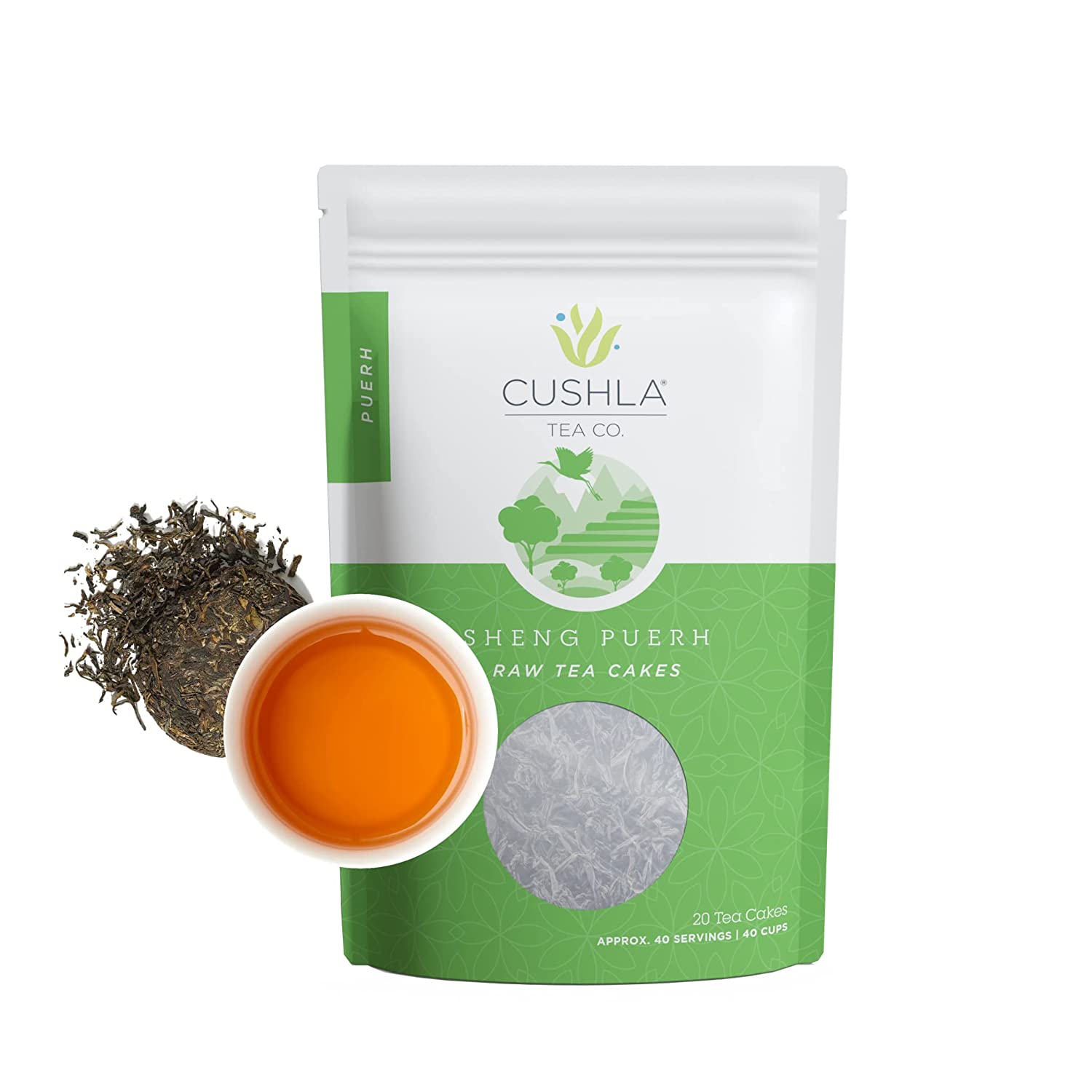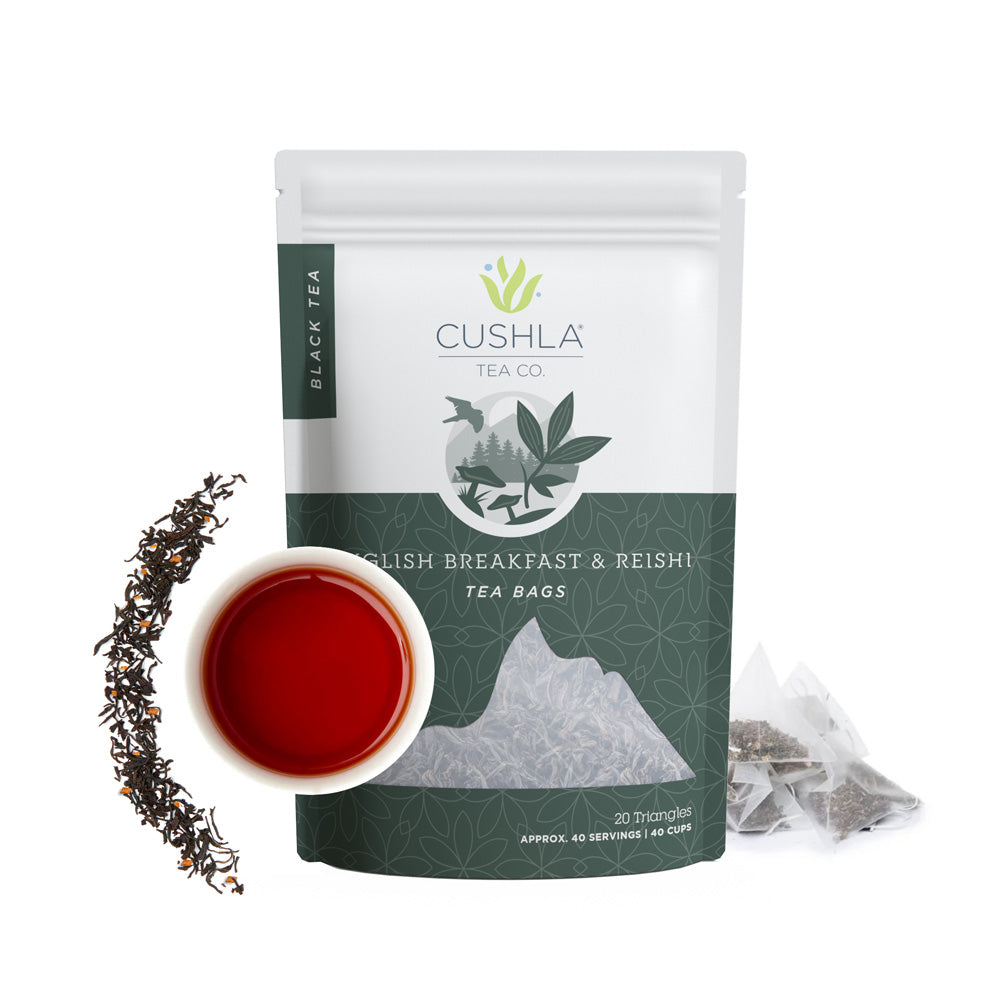The “Iron Goddess of Mercy,” also known as Tie Guan Yin, is a highly prized Chinese oolong tea that is named after Guan Yin, the Chinese goddess of mercy. This tea is known for its unique orchid-like aroma and a delicate and smooth taste. The tea is produced in the Anxi County in Fujian province, China, where the leaves are hand-picked and then undergo a unique processing method that includes withering, rolling, and oxidation.
The traditional method for producing Tie Guan Yin involves several steps. First, the leaves are hand-picked and then withered in the sun. Next, the leaves are rolled to break down the cell walls and release the enzymes that will eventually create the tea’s unique flavor. After rolling, the leaves are oxidized for a specific period of time, which gives the tea its unique color and aroma. Finally, the leaves are shaped and fired to stop the oxidation process and to preserve the tea’s flavor and aroma.
One of the most appealing qualities of Tie Guan Yin is its unique flavor profile. The tea has a delicate and smooth taste with a floral and sweet aroma. The flavor can range from floral and sweet to nutty and vegetal depending on the processing method and the quality of the leaves. High-quality Tie Guan Yin should have a balance of sweet, floral, and vegetal notes.
The health benefits of Tie Guan Yin are also worth mentioning. It contains antioxidants, which can help to protect the body against the damaging effects of free radicals. Additionally, it contains caffeine which can help to increase energy and focus. The tea is also known to help in weight loss and digestion.
Tie Guan Yin is typically steeped at a temperature between 85-90°C (185-194°F) for 3-5 minutes, in order to bring out the unique flavor and aroma of the tea. The tea is usually consumed plain, but it can also be enjoyed with a touch of honey or lemon, depending on personal preference.
The history of Tie Guan Yin dates back to the 18th century. It is said that a poor farmer named Wang Kui discovered a small tea plant growing on a rocky outcropping near his village. The plant was different from the others, and it had a unique aroma. He took a cutting of the plant and began to propagate it. The tea plant quickly became popular, and eventually, the villagers began to call it Tie Guan Yin, in honor of the goddess of mercy.
Tie Guan Yin is typically produced in small batches and the leaves are carefully hand-picked and processed. The leaves are then shaped and fired to stop the oxidation process. This is what gives the tea its unique flavor, aroma, and appearance. Tie Guan Yin is considered to be a high-quality tea, and it is often given as a gift or consumed during special occasions.
In conclusion, Tie Guan Yin, also known as the Iron Goddess of Mercy, is a highly prized Chinese oolong tea that is named after Guan Yin, the Chinese goddess of mercy. The tea is known for its unique orchid-like aroma and a delicate and smooth taste. The tea is produced in the Anxi County in Fujian province, China, where the leaves are hand-picked and then undergo a unique processing method that includes withering, rolling, and oxidation. The traditional method for producing Tie Guan Yin involves several steps, which gives the tea its unique flavor, aroma, and appearance. The tea has many health benefits, including antioxidants, caffeine and can help with weight loss and digestion. Tie Guan Yin is typically steeped at a temperature between 85-90°C (185-194°F) for 3-5 minutes and can be enjoyed plain or with honey.

